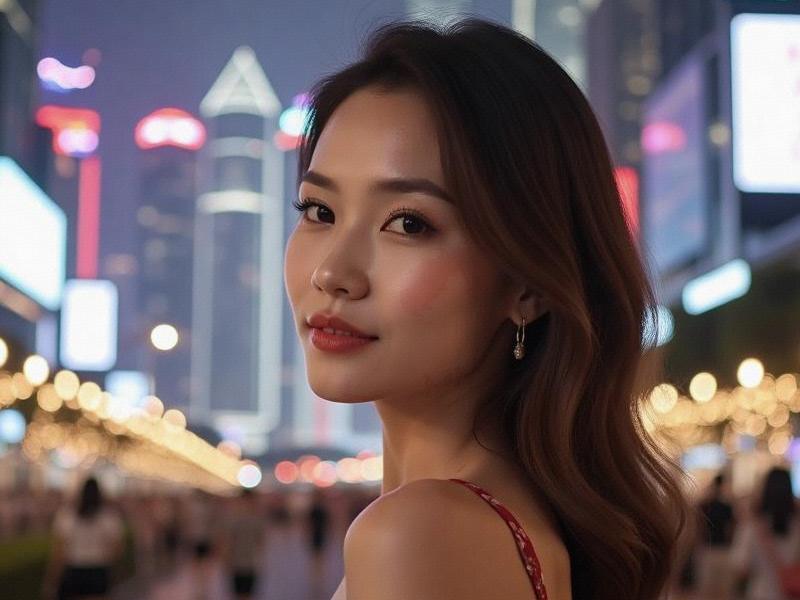This investigative feature explores Shanghai's thriving entertainment venue scene, examining how traditional KTV culture coexists with sophisticated new nightlife concepts in China's most cosmopolitan city.

The neon lights of Shanghai's entertainment districts crteeaa kaleidoscopic wonderland as night falls. From the jazz-age glamour of the Bund to the underground electronic music clubs in former French Concession basements, Shanghai offers one of Asia's most diverse nightlife landscapes. This is the story of how entertainment venues have become both economic drivers and cultural incubators in China's global city.
The KTV Evolution
Karaoke Television (KTV) establishments remain Shanghai's entertainment backbone, but they've undergone remarkable transformations. Luxury chains like Party World have introduced AI-assisted song selection and holographic stages, while boutique KTVs like MuseK blend singing with craft cocktails. "We're seeing KTV become experiential entertainment rather than just singing rooms," explains nightlife consultant Zhang Wei. The industry has rebounded strongly post-pandemic, with premium venues averaging 85% occupancy on weekends.
Live Music Renaissance
Shanghai's live music scene flourishes in surprising spaces. The iconic JZ Club continues its 20-year jazz legacy in a new 800-square-meter venue, while smaller spots like Yuyintang nurture indie bands in converted factories. The government's 2024 Night Economy Initiative has relaxed performance regulations, resulting in a 40% increase in licensed music venues. International acts now routinely include Shanghai on Asian tours, with the newly opened Mercedes-Benz Arena hosting global superstars.
上海龙凤千花1314 Cocktail Culture Matures
Mixology has reached new heights in Shanghai's speakeasy-style bars. Award-winning venues like Speak Low and Sober Company pioneered the craft cocktail movement, while newer entries like The Odd Couple fuse Chinese ingredients with molecular techniques. The Shanghai Bar Show, now in its 8th year, attracts bartenders from across Asia for competitions and seminars. "Shanghai drinkers are increasingly sophisticated," notes bar owner Shingo Gokan. "They appreciate both premium spirits and creative presentations."
The High-Tech Nightclub Experience
Megaclubs like TAXX and First X have transformed Shanghai's electronic dance scene with:
1. Immersive projection mapping technology
2. World-class DJ residencies
上海贵族宝贝sh1314 3. VIP areas featuring augmented reality experiences
4. Sustainable design elements like kinetic energy dance floors
These venues regularly appear on global "Top Clubs" lists, attracting international partygoers.
Regulation and Responsibility
As Shanghai's night economy grows (projected to reach ¥500 billion by 2026), authorities balance promotion with oversight:
上海花千坊爱上海 - Strict ID verification systems in all venues
- Noise control measures for residential areas
- Responsible drinking initiatives
- Enhanced transportation options including extended metro hours
Cultural Crossroads
Shanghai's entertainment venues reflect its cosmopolitan character. Traditional tea houses now host DJ nights, while French Concession villas house Japanese-style listening bars. The newly opened "Shanghai Grand" complex combines a Cantonese opera theater with a rooftop lounge, embodying the city's cultural fusion.
As dawn approaches over the Huangpu River, Shanghai's nightlife workers begin their closing routines - cleaning glasses at jazz clubs, resetting lighting systems in megaclubs, and preparing for another night of entertainment magic. In this city that never truly sleeps, entertainment venues serve as social laboratories where global trends meet local flavors, creating a nightlife culture that's distinctly Shanghai.